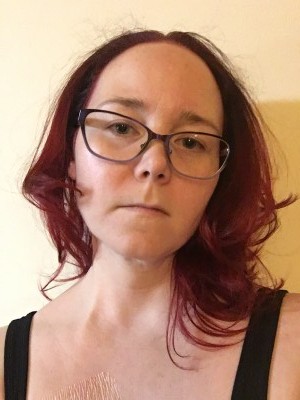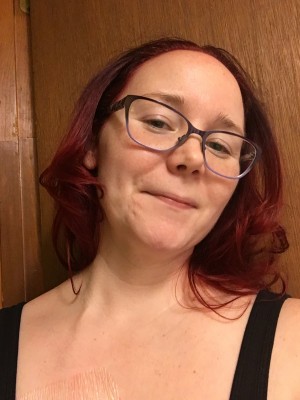The MastAttack 107: The Layperson’s Guide to Understanding Mast Cell Diseases, Part 51
63. Why do many mast cell patients gain weight? Why can’t they lose it?
The most common question I get about weight is “Why am I gaining weight when I can barely eat?” Weight gain, or failing to lose weight, is not unusual for mast cell patients. There are a lot of reasons why this happens.
One of the big reasons why mast cell patients gain weight is because mast cells release molecules that cause inflammation. Some of these molecules are known to be linked to obesity when there is too much of them in the body. Mast cells release some of these molecules, like TNF, and IL-6.
Leptin is a hormone released by mast cells that can contribute to obesity. Patients with obesity often have higher than normal levels of leptin in their blood. In these patients, it seems like leptin doesn’t work as well as in others, so their bodies need to make more leptin.
Leptin’s job in the body has long been thought to tell your brain that you are not hungry. More recent research suggests that leptin doesn’t exactly tell your brain that you’re not hungry, and instead tells your brain that your body is starving. The body responds to this “starving” signal very strongly by trying to maintain or gain weight, and to maintain or gain fat stores.
Mast cells live in adipose tissue (fat tissue), often in significant numbers. Leptin level somehow controls the amount of mast cells in adipose tissue (fat tissue) but we are not sure how. Leptin is one of the ways that mast cells tell other cells to become inflamed. It tells cells to make more inflammatory molecules like TNF, IL-2 and IL-6. Mast cells in inflamed spaces can also attract cells from other parts of the body to come and make more inflammation.
Leptin also directly opposes another hormone, ghrelin. Ghrelin is the hormone that tells your brain that you are hungry. When leptin is high, ghrelin is low. Importantly, ghrelin curbs inflammation and tells cells to stop making inflammatory molecules. If leptin is high, ghrelin is not around as much to stop inflammation.
Another way mast cell disease can contribute to weight gain is by swelling. When mast cells are activated, they release molecules that make it easier for fluid in the bloodstream to “fall out” of the bloodstream and get stuck in tissues. When this fluid is stuck in the tissue, your body can’t just pull back into the bloodstream. It takes days for your body to be able to get the fluid out of the tissues and back into a place where it can be used.
Some of the medications used to treat mast cell disease can cause weight gain. H1 antihistamines are probably the drugs most commonly used for mast cell disease. They can cause weight gain. Steroids like prednisone and methylprednisolone cause swelling and weight gain.
Mast cell patients often have difficulty maintaining a normal sleep schedule. Sleep at night is often not restful because mast cells are very active at night. Not sleeping well can cause inflammation, contributing to weight gain.
Exercise can be very tricky for mast cell patients as well. Many patients are deconditioned and out of shape so even low impact exercise can be exhausting or impossible. Mast cell patients often have restrictions on what exercises they can do safely so vigorous exercise to help regulate weight might not be an option.
Mast cell patients often have little control over their diet due to food reactions, reacting to the process of eating, or having other GI conditions like gastroparesis. Safe foods may not be “healthy” and can contribute to weight gain. (Potato chips are a huge part of my diet as a food that is always safe for me.)
I personally struggled with my weight for years as a result of mast cell disease. It has been my experience that reducing inflammation overall is the only way to lose weight. Of course, it is very difficult to reduce inflammation when you have mast cell disease. In my case, I found that a reconditioning program helped me immensely. This is not safe for everyone and you should never start an exercise program without discussing it with the provider that manages your care.
For more detailed reading, please visit the following posts:
Leptin: the obesity hormone released by mast cells
Exercise and mast cell activity
My exercise program for POTS and deconditioning
Deconditioning, orthostatic intolerance, exercise and chronic illness (Part One)
Deconditioning, orthostatic intolerance, exercise and chronic illness (Part Two)
Deconditioning, orthostatic intolerance, exercise and chronic illness (Part Three)
Deconditioning, orthostatic intolerance, exercise and chronic illness (Part Four)
Deconditioning, orthostatic intolerance, exercise and chronic illness (Part Five)
Deconditioning, orthostatic intolerance, exercise and chronic illness (Part Six)
Deconditioning, orthostatic intolerance, exercise and chronic illness (Part Seven)

